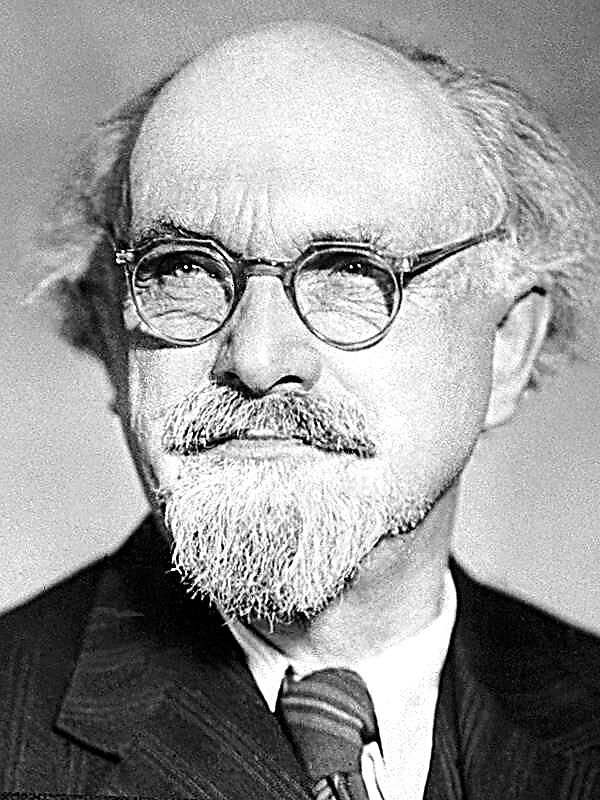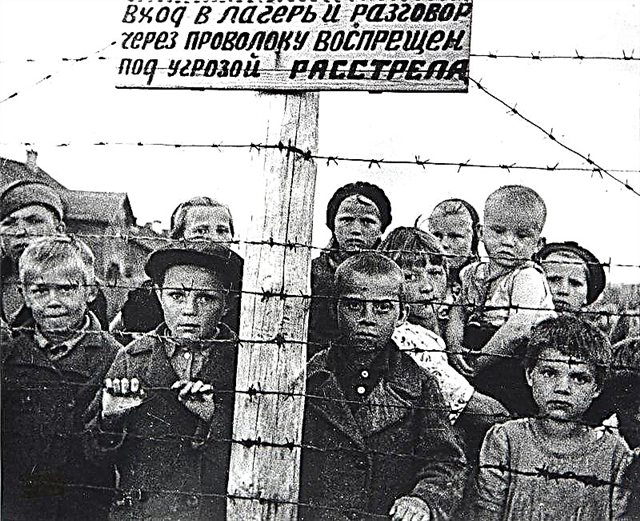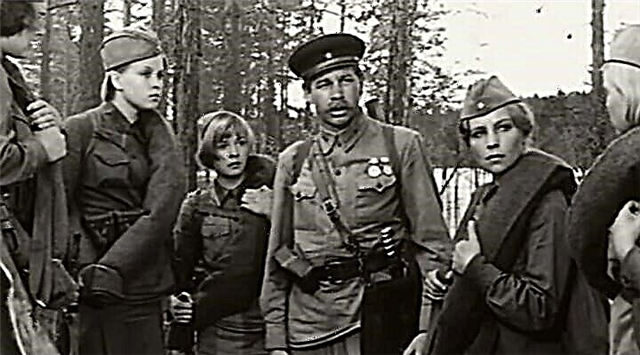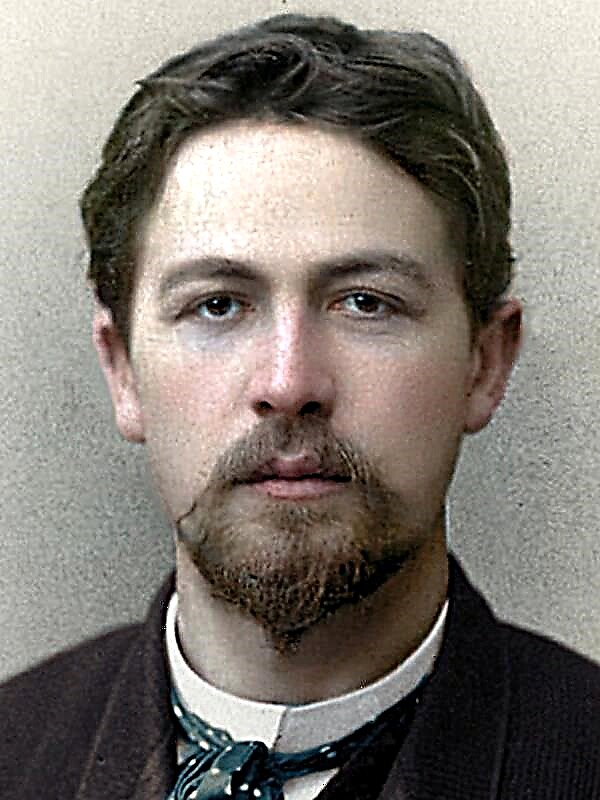In his play The Examiner, N.V. Gogol showed all the most immoral, unjust, immoral that was in Russia of the 19th century. The author portrayed an ordinary small district town, mired in problems and vices, masterfully ridiculed its inhabitants and officials, showing all their wrong side.
One of the main characters of the play is Ivan Aleksandrovich Khlestakov. This is a petty official who came to the city from St. Petersburg to the Saratov province. He is exactly the person who ended up in the right place at the right time. He is mistaken for an auditor, and literally everyone in the city begins to serve him. The main character, realizing that he was mistaken for some kind of respected person, begins to take advantage of the current situation. Khlestakov brazenly begins to tell fables about himself, assures everyone that he is “with Pushkin on a friendly foot”, that his works are printed under different names in magazines. He also tells a fairy tale about his nonexistent chic house in St. Petersburg, and that every day happens at balls. And the reputation, according to Khlestakov, is such that it was he who was trusted to manage the department without hesitation, and when he passes through it, “everything trembles and shakes like a leaf”. The hero without a twinge of conscience takes bribes from officials, landowners and merchants, under the guise of debt. Having played enough in an important figure, having "earned" a decent amount, he promptly leaves the city.
Ivan Aleksandrovich Khlestakov, an impudent, crafty, frivolous young man, "is a little silly and, as they say, without a king in his head." He is cowardly, weak-willed, uneducated, does not differ in anything extraordinary. He’s rarely at work, so he can’t move up the career ladder for a long time: “... he’s not involved in business: instead of taking up a position, and he goes for a walk along the prespekt, plays cards in the picture ...”. The only thing the hero is capable of is skillfully fooling such empty-headed people like him. Khlestakov is wasteful and passionate, he lost all his money to cards, so he was forced to sit in a county town for two weeks. We can say that the protagonist is the embodiment of impudence, sneakiness, greed and bragging. All this is "Khlestakovism", which the author exposes in his comedy.
But this “Khlestakovism” is inherent not only to the main character, but also to the officials of the county town. Gorodnichny Anton Antonovich Skvoznik-Dmukhanovsky - the same cynical bribe taker, a lover of money, tries to take advantage of everything like Khlestakov. The landowners Bobchinsky and Dobchinsky are the main urban gossips, seasoned liars. Judge Lyapkin-Tyapkin, “having read five or six books, and therefore somewhat freethinking,” builds himself the most important and smart, but in reality he does not differ from others in high intelligence. He does not give a damn about his work, does everything “tyap-blunder”, hence the speaking surname. The same can be said about the trustee of charitable institutions Zemlyanik and the school superintendent Khlopov, who unscrupulously perform their work, which leads to a mess and riots in their institutions. Therefore, they are forced to give bribes in order to somehow hold on to their posts. And the postmaster Shpekin, although “a simple-hearted man to naivety,” loves unceremoniously, only out of his curiosity, to open other people's letters and read them.
"Khlestakovism" is arrogance, immorality, arrogance, boasting, a lie. This is stupidity, helpfulness, arrogance, pomp. This is irresponsibility, cowardice, pity. It was precisely these qualities that N. Gogol reproached many of his contemporaries, showing through the heroes of his comedy how they looked from the side. But these negative traits were characteristic not only of people who lived in the 19th century, and even now we very often see the same Khlestakovs, city officials, Bobchinsky and Dobchinsky and the like. Therefore, the play “The Examiner” and the phenomenon of “Khlestakovism” are relevant to this day, and most likely will not lose their topicality for many more years.












